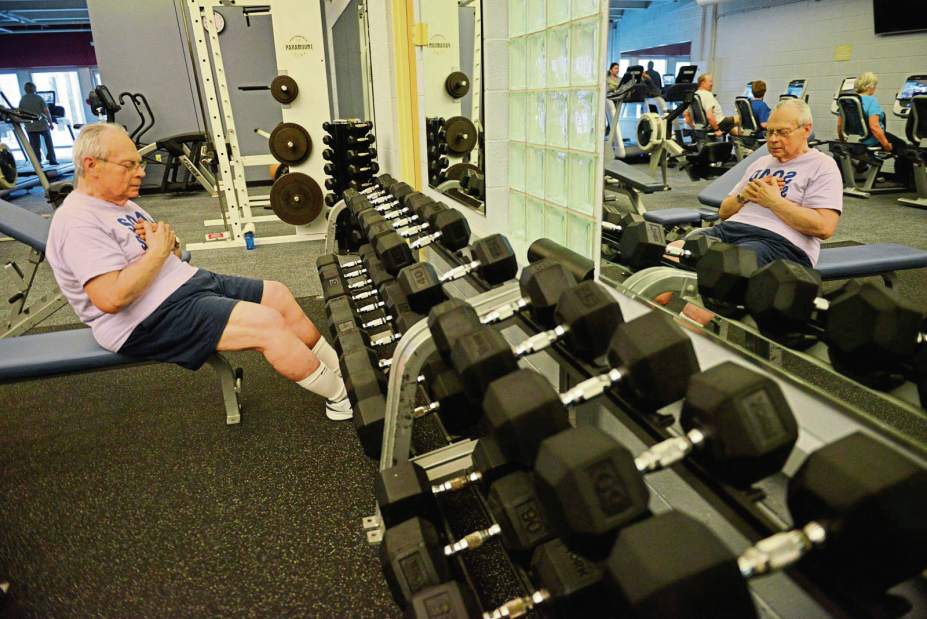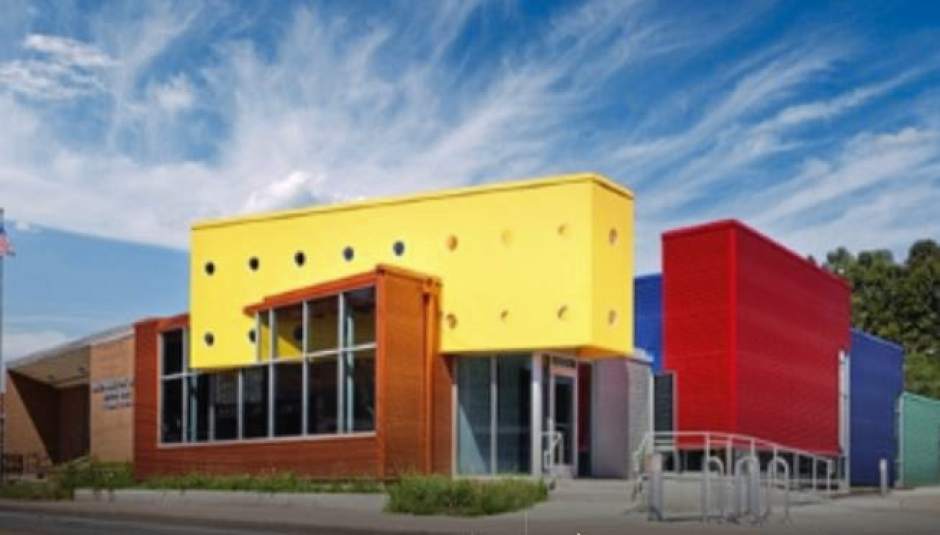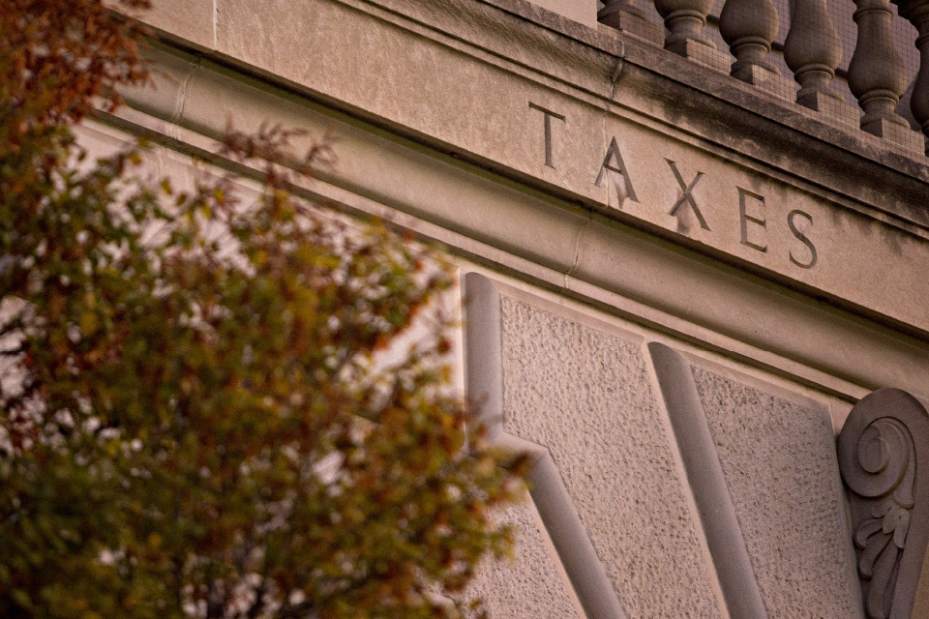Workers and community leaders expressed shock Monday after learning that General Motors Corp. plans to close its auto parts stamping plant in West Mifflin in 2007.
The Lebanon School Road plant, founded in 1949 as GM's Fisher Body Pittsburgh Plant, is among 12 North American plants the world's largest automaker said it would shutter by 2008 in an attempt to return to profitability.
The 620 employees at the 800,000-square-foot plant, now known as the Pittsburgh Metal Center, learned yesterday morning that their jobs will be among 30,000 that General Motors will eliminate at operations in the U.S. and Canada.
"Everybody was stunned. We thought we had done a good job to keep open," said Raymond King, 50, of Perry, Fayette County, who has worked in the plant for 29 years.
"This came out of the clear blue," said West Mifflin Mayor John Andzelik. "This has been a very important plant in this community for over 50 years."
Andzelik planned to contact state and county officials to ask whether anything could be done to save the plant, whose employment reached a peak of 3,500 in 1959.
The plant originally served as a new car parts stamping operation, but now produces mostly replacement parts for after-market GM vehicles. It now employs 560 hourly and 60 salaried workers.
"It's the younger workers I feel sorry for," said Edward Snyder, of West Mifflin, who in April will mark 30 years at the plant.
"I was planning to retire, probably by next summer, but the younger people need their jobs, and they may have to move if the plant closes."
Snyder, 59, a welder in the maintenance department, said the shutdown will have a trickle-down effect on other area businesses, ranging from vendors that supply the plant to community grocery stores and other shops.
"Our workers and their families shop everywhere in the community," he said.
According to GM, the West Mifflin plant produces nearly 1,400 different parts, ranging from hoods to fenders to frame components and brackets.
Allegheny County places a $7.7 million market value on the plant, based on its current assessment. That would equate to about $161,000 in property taxes this year for the West Mifflin Area School District, which has a tax rate of 21.02 mills, said Dennis Cmar, district business manager.
Based on West Mifflin's tax rate of 5.27 mills, the company would pay about $40,600 in annual property taxes to the borough.
General Motors and its employees also pay a variety of other taxes, including occupational and mercantile taxes, Cmar said.
Phil Watkins, a representative for the United Auto Workers Union International's sub-regional office in Butler, said the UAW's national contract does not permit a total shutdown until September 2007.
That might not prevent the company from laying off workers before then, he said. The contract does give unionized workers the right to apply for other GM jobs, but "there are many provisions" that might make that difficult, he added.
Watkins said that benefits for about 1,200 retirees from the plant should not be affected by the shutdown.
However, Sean Payne, 50, of West Mifflin, is not so sure.
"I'm not confident I would get a pension," said Payne. He said GM may follow suit of other major companies in turning over responsibility for paying retiree benefits to the Pension Benefit Guaranty Corp., the quasi-government agency that insures pension funds.
If GM does close the plant in 2007 as announced, King said he intended to take his retirement and do something else with his life. GM has promised retirement packages for the workers, but no details were provided about those benefits, King said. The company has to negotiate those benefits with the United Auto Workers.
"Everybody's depressed. It's sad for everyone involved," Donald Kohlmeyer, 44, of North Huntingdon, said outside the plant gates yesterday afternoon.
GM's decision to close the plant was not because of a lack of production or quality of the work force, said Kohlmeyer, who has worked at the plant for 11 years. "The economics of GM probably did it."







